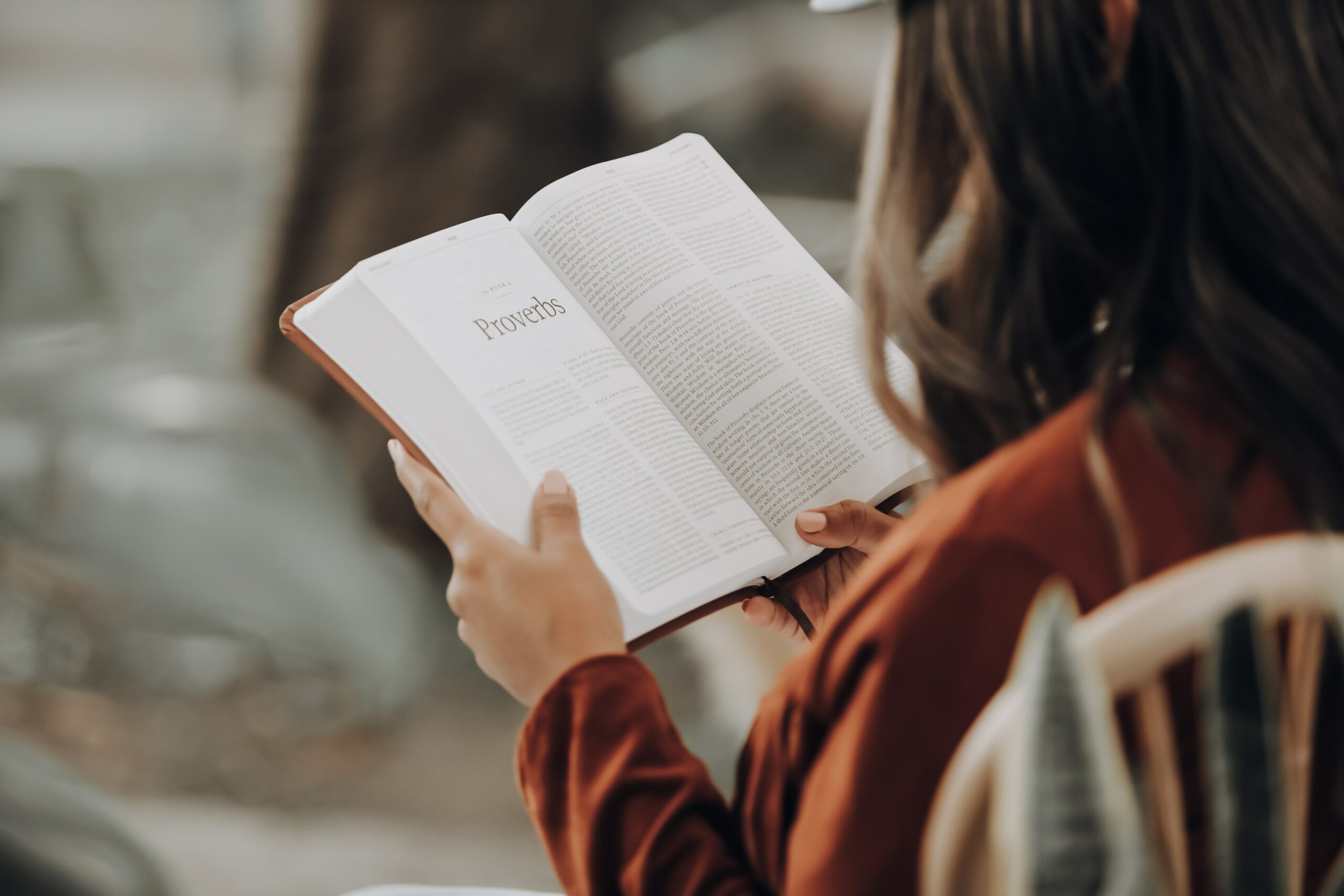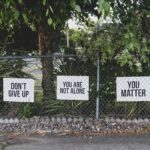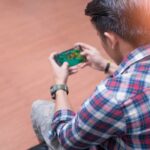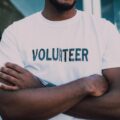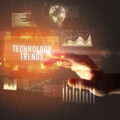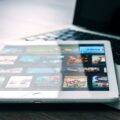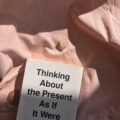The declining tendency among youth towards reading books outside the classroom requires no statistics. However, parents and teachers try to incorporate the habit of reading among their children, and they often start with fiction. Fiction provides the valuable skill of imagination at an early age but the irreplaceable importance of non-fiction must also be considered. Textbooks alone cannot help someone realise their forte and choose the careers that are best for them.
“I think it’s the books that you read when you’re young that live with you forever.”
– J.K. Rowling
Most read books as a source of recreation: thriller when bored, romance when sad, and horror when tired. There is nothing wrong with considering reading habits as a hobby. However, there are so many other genres to reach for in today’s vast world of information and knowledge, reading can also be considered as a source of personal growth.
Non-fiction refers to the vast range of genres based on facts including books of personal growth, memoir, biography, business solution, insights, travel guides, history, true crime, art, music, and so on.
Globally the importance of reading non-fiction is getting immense recognition. Many international educational boards and standards have urged to include non-fiction in primary level education. In 2010, the US education standard, Common Core Standard, stated the ratio of reading non-fiction to fiction among young adults should be around 7:3 by the end of grade 12. As reading also affects the quality of writing, thus having an overall impact on the life of a student.
Non-fiction generates ideas, provides facts and solutions, opens many closed doors of opportunity and knowledge. It provides a clear understanding of the contemporary world as well as the past and a vision for the future. It enables youths from an early age to think practically and shapes their process of thinking. Finally, it shapes one’s personality.
Often at the initial stage, people wonder how to read non-fiction since it is considered to be not enjoyable if read without the aim of acquiring knowledge. Thus, it is often suggested to start with a topic one is familiar with such as, one who is passionate about history might start with the book “Sapiens: A Brief History of Humankind” by Yuval Noah Harari which depicts a brief history of human evolution.
On the other hand, if one tries to read “Think and Grow Rich” by Napoleon Hill, which promotes personal growth, it won’t be very effective and enjoyable for them.
Since non-fiction books are mostly fact-based, often reading a few pages at a time is much more effective for beginners. This allows the brain to properly acquire and understand the knowledge, and later, utilize the information, appropriately.
Biographies and self-improvement books provide real-life experiences which proves to be inspirational for many. The ability to analyze critically also sharpens because readers often reject the writer’s point of view regarding an issue.
Books have the power to change the world because they have the power to change the reader’s thought process. And only good books and sound knowledge can lead one towards the right path.
